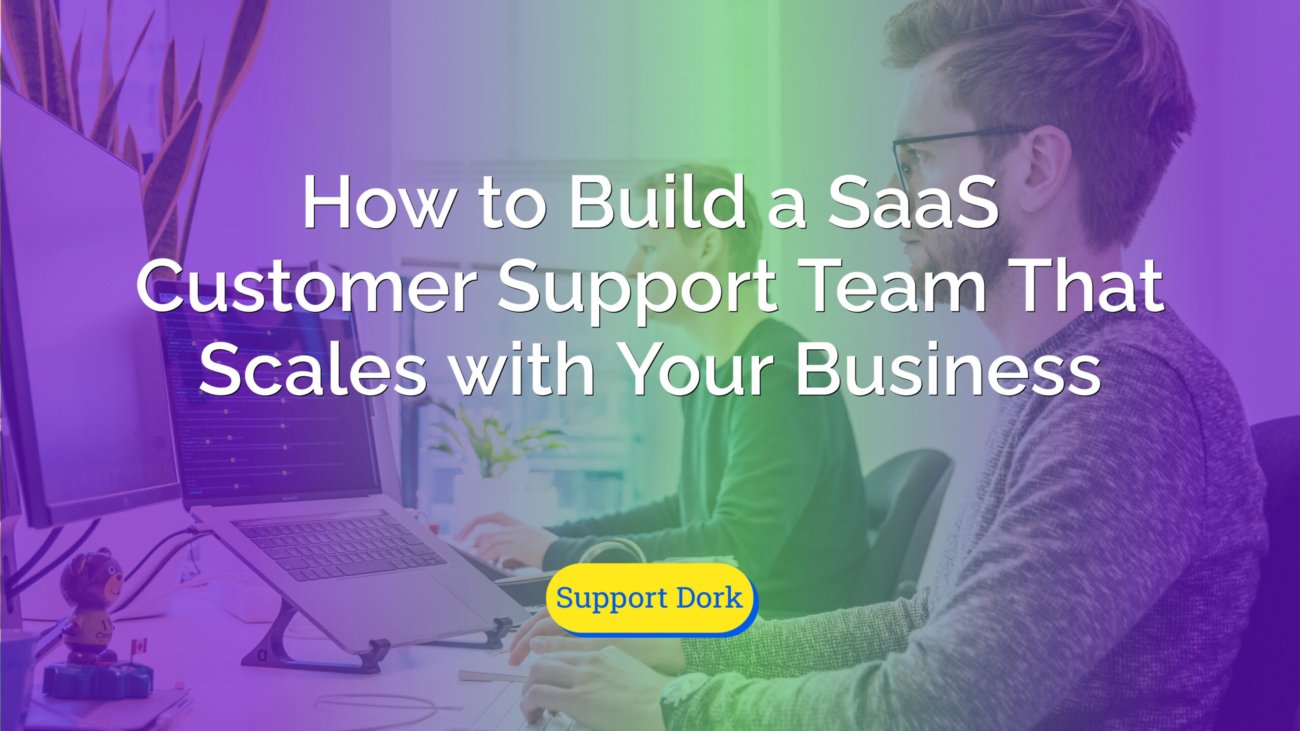In today’s fast-paced digital landscape, customer expectations are higher than ever. They want quick, seamless, and personalized interactions – whether they reach out via phone, email, live chat, social media, or even messaging apps like WhatsApp and Telegram. This is where omnichannel customer support comes in.
What is Omnichannel Customer Support?
Omnichannel customer support is a strategy that ensures customers receive a consistent and connected experience across multiple communication channels. Unlike multichannel support, where interactions may be siloed within different platforms, omnichannel support integrates all touchpoints so that conversations flow smoothly between them.
For example, if a customer starts a support request via live chat but later follows up via email, an omnichannel system ensures the context of their previous conversation carries over—eliminating the need for them to repeat information.
Key Features of Omnichannel Support
- Seamless Integration: All communication channels are connected, allowing agents to access a unified customer history.
- Personalized Experience: Customers receive tailored support based on past interactions, preferences, and behaviour.
- Real-Time Synchronization: Updates to customer inquiries or issues are reflected across all channels instantly.
- Efficient Resolution: Agents can resolve issues faster because they have full visibility into customer interactions.
- Flexibility for Customers: Customers can choose their preferred communication method without sacrificing service quality.
Why Does Omnichannel Customer Support Matter?
Omnichannel Support Improves Customer Satisfaction
Customers hate repeating themselves. We’ve all been there, haven’t we?
You connect with one agent, describe your issue in detail, get transferred to another, describe it again, get connected to another, seemingly in perpetuity
IT SUCKS!
Nothing frustrates a customer more than having to explain their issue over and over again to different agents. With omnichannel support, their information follows them across channels, meaning they can switch from live chat to phone support or email without losing context.
A seamless experience not only makes interactions more convenient but also builds trust in your brand. When customers feel that their time is respected and their issues are handled efficiently, they are far more likely to leave positive reviews, recommend your business, and become long-term customers.
It Increases Customer Retention
A study by Aberdeen Group found that companies with strong omnichannel engagement retain an average of 89% of their customers, compared to only 33% for companies with weak omnichannel strategies.
Why? Because customers feel valued when they receive consistent, personalized, and efficient support. They appreciate when a business remembers past interactions, anticipates their needs, and provides resolutions quickly. When a company makes it easy for customers to get help, they are less likely to switch to a competitor offering a better experience.
By implementing an omnichannel approach, businesses can create long-lasting relationships with customers, reducing churn and increasing customer lifetime value.
It Boosts Efficiency for Support Teams
For customer support teams, efficiency is everything. Your customer want issues resolved yesterday. That’s why proactive customer support is so important, but that’s a topic for another day. If agents are constantly searching for customer history, switching between disconnected platforms, or manually entering data from one system to another, they waste valuable time that could be spent solving issues.
Omnichannel support eliminates these inefficiencies by centralizing customer interactions in one place, allowing agents to:
- Quickly access past conversations and provide personalized responses.
- Collaborate across departments without losing customer context.
- Automate repetitive tasks like follow-ups and ticket assignments.
This reduces resolution times, lowers operational costs, and increases agent productivity, leading to a better experience for both the customer and the support team.
Omnichannel Customer Support Strengthens Brand Reputation
A company’s reputation is built on how well it serves its customers. A poor support experience can lead to negative reviews, social media complaints, and loss of credibility.
On the other hand, a seamless, omnichannel support system makes businesses look more professional, reliable, and customer-centric. Customers who experience consistent and high-quality service across all channels are more likely to:
- Share positive reviews on platforms like Google and Trustpilot.
- Recommend your business to friends and family.
- Stay loyal even when competitors try to lure them away.
Your brand’s perception is about how customers feel when they interact with your business. Omnichannel support ensures that every interaction leaves a positive impression.
It Provides Valuable Customer Insights
Every interaction with a customer is a data point that businesses can use to improve their products, services, and overall customer engagement strategy. Omnichannel platforms collect and analyze data across multiple touchpoints, providing a 360-degree view of customer behaviour, pain points, and preferences.
For example, businesses can track:
- Which channels customers prefer to use.
- Common issues that lead to support requests.
- Recurring complaints or service gaps.
- Customer sentiment over time.
These insights allow businesses to make data-driven decisions, such as improving self-service options, adjusting pricing models, or enhancing product features based on real customer feedback. With omnichannel support, customer interactions become opportunities for growth and innovation.
How Support Dork Helps Businesses Implement Omnichannel Support
At Support Dork, we specialize in providing businesses with the tools and expertise needed to deliver top-tier omnichannel customer support through our outsourced customer support services. We help:
- Integrate multiple communication channels into a seamless support system
- Set up help desk and ticketing solutions that track customer interactions across platforms
- Offer outsourced support teams to handle omnichannel inquiries efficiently so you don’t have to
- Optimize response times and workflows to enhance the customer experience
No matter what industry you’re in – ecommerce, SaaS, iGaming, retail, or tech – we can help you build an omnichannel strategy that keeps your customers engaged and satisfied.
Final Thoughts on Omnichannel Customer Support
Omnichannel customer support is the future of customer service. By implementing a seamless, integrated support system, businesses can enhance customer satisfaction, increase retention, and drive long-term success.
Are you ready to take your customer support to the next level? Contact Support Dork today and let’s build an omnichannel experience your customers will love.




